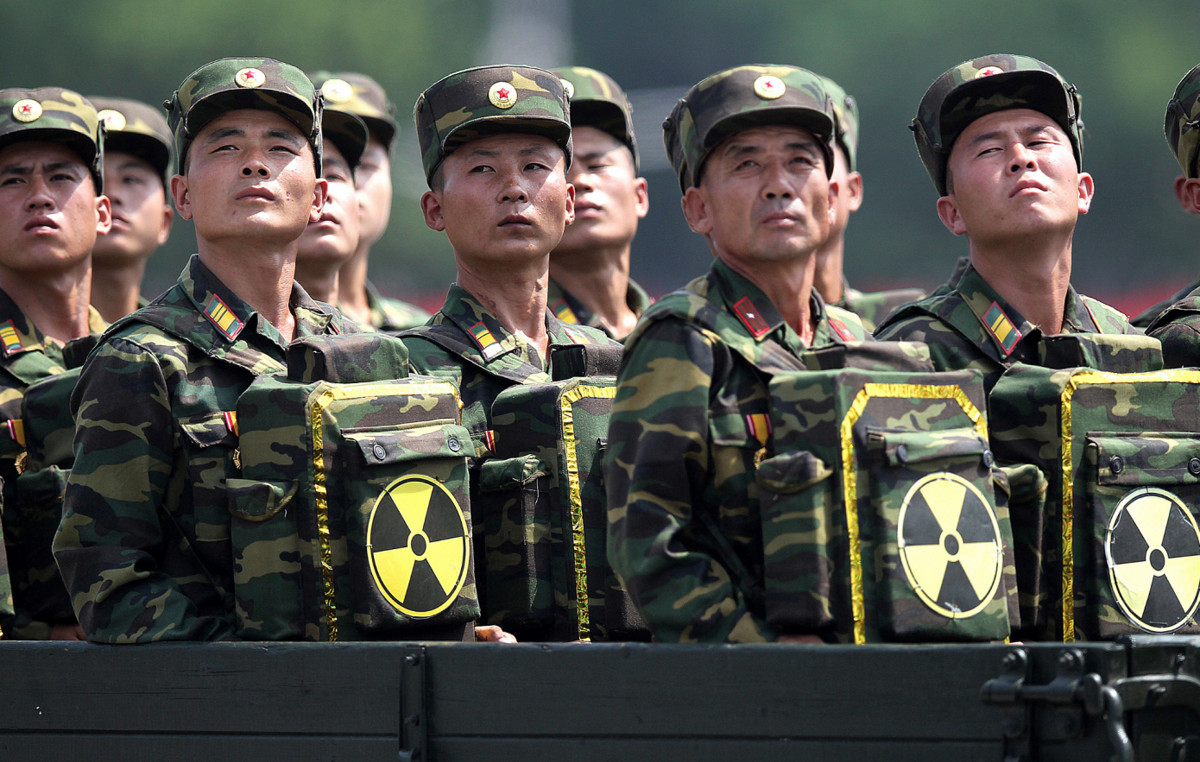This Thursday (22), the CNN held the Arena Eleções special with a focus on economy and brought the advisors responsible for the proposals for the country’s economy of the four presidential candidates best placed in the polls, based on the research aggregator Locomotiva/CNN.
The economy is the topic that most concerns the population, according to research. Therefore, the proposal of the special edition of Arena Eleções was to know the proposals in this area of the main candidates for the presidency of the country.
In the program, Guilherme Mello, coordinator of the economic program of candidate Luis Inácio Lula da Silva (PT), Elena Landau, coordinator of the economic program of candidate Simone Tebet (MDB) and Mauro Benevides Filho, coordinator of the economic program of candidate Ciro Gomes (PDT) ) discussed the financing of social programs, the fiscal framework, inflation, privatization, reforms and the labor market.
CNN invited a representative of the campaign of Jair Bolsonaro (PL), who is in second place in the polls, but there was no return. The Ministry of Economy was also contacted, however, Minister Paulo Guedes could not participate in the interview, due to, according to him, the electoral period.
During the special, the cost ceiling was among the main topics discussed by the guests. Currently, the public budget in Brazil has 93% of mandatory expenses, generating a distributive conflict between social policies, parliamentary amendments and the cost of the public machine.
In addition, when looking at the cost of debt, which is a solvency reference, Brazil has a debt/GDP of 77%, with a high projection from 2023, reaching 81%, according to data from the Independent Fiscal Institution (IFI) .
Asked about changes in the framework and the limits and fiscal rules, the interviewees outlined how each of their candidates intends to act.
Mauro Benevides Filho, an advisor to Ciro Gomes, was the first to respond. According to him, the country needs to discuss financial expenses and not just primary expenses.
“In Brazil, we have to discuss financial expenses, here we only discuss primary expenses, it’s health, education, personnel expenses, but where are the R$ 700 billion in interest that we are going to pay this year? Where is the R$ 1.4 trillion for public debt amortization? We need to bring it back up, because otherwise the fiscal equation is going to always be degenerate because the financial expense is going to keep increasing systematically,” he said.
In addition, Benevides criticized the spending cap, since “compulsory expenditure continues to increase in real terms”, and mentioned one that applies a public debt target, as, according to him, occurs in the United States.
Then, Elena Landau, Tebet’s advisor, mentions the need for fiscal policy to be carried out with “credibility” and with a view to the long term.
“Simone’s program is absolutely strict on the fiscal side, we will review all the budget we receive. The Central Bank’s monetary policy needs to be left alone, the government has to make a long-term, permanent, credible fiscal policy”.
As an alternative, Landau said that, in an eventual Tebet government, the spending cap will be recovered and a new rule, to include social spending, will be implemented.
“We are going to recover the spending ceiling, we are going to receive [o orçamento] 2023 is very bad, there will have to be a rule to include social spending, we are not going to take investments from the ceiling and we are going to recover the idea of the ceiling”, he said.
Finally, Guilherme Mello, Lula’s adviser, criticized the conduct of the economy by the current government and by the Minister of Economy, Paulo Guedes, and explained that Lula’s economic team, if elected, should seek “in international experience and literature” the characteristics of a “good” fiscal framework.
“We are going to seek in experience and in the international literature what are the characteristics of a good fiscal framework, since ours has lost credibility, we are going to build a political consensus, in parliament, in society, with the relevant actors on a new fiscal framework that regain credibility, the predictability of fiscal policy, the transparency of the public budget, which privileges good quality expenditures”.
Mello defended spending that, according to him, generate employment, income and income distribution. For this, the economist mentions that a counter-cyclical rule, that is, “when the economy grows a lot, the government holds back a little so as not to overheat the economy. But when it slows down a lot, the government has room to act and stabilize the economic cycle,” he explained.
Check out the full program in the video.
Source: CNN Brasil
Joe Jameson, a technology journalist with over 2 years of experience, writes for top online news websites. Specializing in the field of technology, Joe provides insights into the latest advancements in the industry. Currently, he contributes to covering the world stock market.







